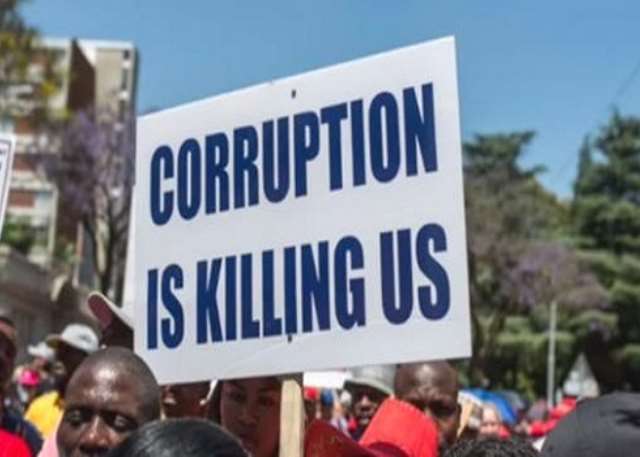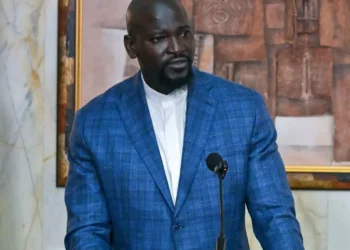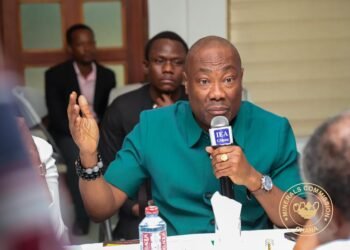Corruption in Ghana remains one of the most pressing challenges confronting the nation, and fighting corruption has become a recurring demand from both citizens and civil society.
Market researcher and IMANI Africa contributor Kay Cudjoe recently shed light on the immense weight carried by institutions such as the Office of the Special Prosecutor (OSP), which was established to break a cycle of impunity that has weakened trust in governance.
Cudjoe pointed out that critics often dismiss the Special Prosecutor, Kissi Agyebeng, for being slow, emotional, or even too outspoken.
However, he argued that when one chooses to confront corruption in Ghana, it is not merely a matter of correcting faulty accounts. It is akin to taking on a “living, breathing monster” that shields itself with stolen wealth, highly paid legal experts, and a network of defenders cloaked in respectability.
“The Office of the Special Prosecutor was never meant to be a ceremonial office. It was born from frustration. Frustration at committees that wrote polished reports only to have them gather dust. Frustration at politicians who dipped their hands into public coffers and still walked the streets with smiles. Frustration at a society that sometimes claps for thieves, so long as the thief is ‘our thief.’ The OSP was meant to be different, a small light shining in a very dark room.”
Kay Cudjoe
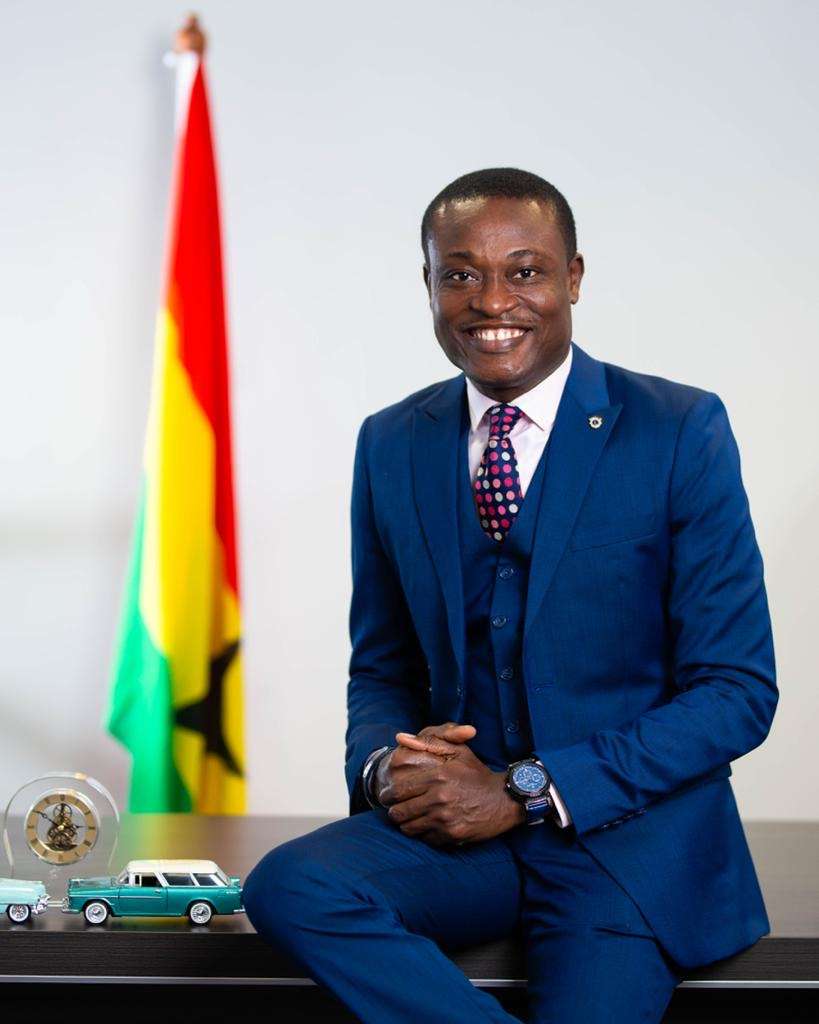
Yet, as Cudjoe noted, the light has not always shone brightly. While some argue that the OSP is ineffective, others complain that it is overly aggressive.
Critics label the Special Prosecutor as weak, arrogant, or both. But such accusations, he explained, ignore the fact that the OSP operates in an environment where rules are often structured to protect entrenched corruption rather than uproot it.
Expecting quick and easy victories in such an environment is, as he described, like expecting a farmer to harvest crops in the peak of harmattan.
Justice Under Siege Amid Corruption Fight
One of the most high-profile cases the OSP has pursued involves former Finance Minister Ken Ofori-Atta, accused of abusing public office through questionable contracts and payments. When summoned, Ofori-Atta cited health reasons and remained abroad.
The OSP eventually declared him wanted, prompting him to seek legal recourse in court to block his arrest. This case, which continues to drag on, illustrates how corruption in Ghana does not strike back with violence but with delay tactics, legal maneuvers, and well-resourced lawyers.
The docket does not end there. Allegations against officials such as Mustapha Hamid and others at the National Petroleum Authority over extortion, money laundering, and abuse of office have also been tabled.

Equally alarming are scandals like the Tema Port rice case, the GES posting scam that robbed young graduates of their futures, the ghost names on the payroll in Tamale, and the devastating galamsey saga that has poisoned rivers and destroyed communities.
Each of these cases, Cudjoe emphasized, carries real human consequences.
According to him, they represent the unemployed graduate who paid bribes for a job posting that never came, the patient who died in a hospital without essential drugs, and the schoolchildren forced to study in classrooms with leaking roofs.
Corruption, he reminded Ghanaians, is not abstract—it is lived daily.
Not all cases, however, have ended in victory for the OSP. In Juaben, a municipal nominee accused of demanding bribes from assembly members was acquitted, though the OSP has filed an appeal.
These setbacks, Cudjoe suggested, should not be mistaken for failure but rather understood as part of the long and difficult road toward justice.
Balancing Anger With Precision
A recurring criticism of the OSP is its tone. At times, the Special Prosecutor has issued statements that sound heated, even personal. To some, this undermines the institution’s credibility.
Yet, Kay Cudjoe argued that indignation is understandable when billions vanish, when young graduates are cheated with fake appointment letters, and when corruption becomes normalized as a business.
Even so, he admitted that anger alone cannot win the fight. Precision, strategy, and a methodical approach must guide the OSP if it is to succeed.
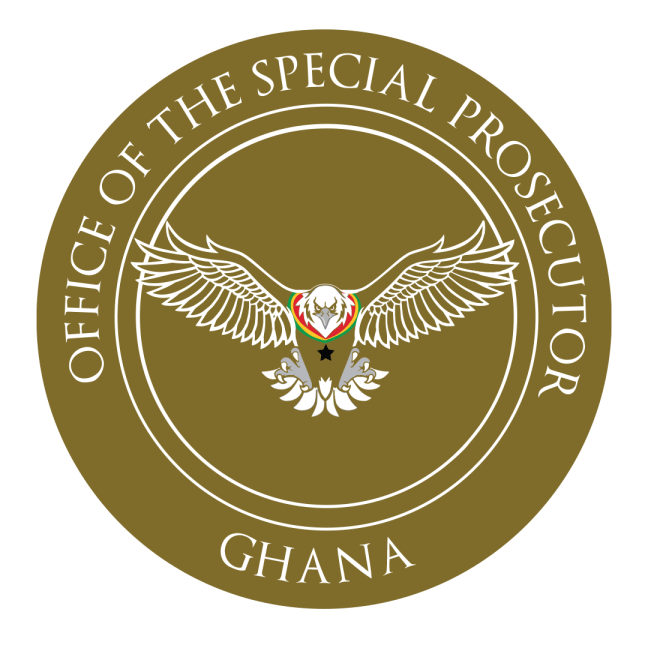
“Others say he craves the camera. That he loves to announce, loves to explain, loves to be seen. But in Ghana, silence is dangerous. When state agencies go quiet, cases are buried. A prosecutor who hides in his office is as good as no prosecutor at all. The problem is not that he speaks. The problem is what he says.”
Kay Cudjoe
Accordingly, Cudjoe warned that silence is dangerous in Ghana. In a system where cases can easily be buried, a prosecutor who remains invisible is no different from one who is ineffective.
He indicated that the real challenge lies not in whether the OSP speaks, but in the quality of what it communicates.
According to him, facts, timelines, recoveries, and demonstrable results are what will transform loudness into proof rather than theatre.
A Shared National Struggle
Speed also matters. Justice delayed is justice mocked, Cudjoe reminded. The OSP must therefore prioritize cases that strike at the foundations of state capture, pursue them with urgency, and provide the public with clear roadmaps and timely updates. Every unexplained delay chips away at citizens’ trust.
But perhaps most importantly, the OSP cannot succeed as a lone ranger. As Cudjoe underscored, “one tree cannot make a forest”.
To effectively combat corruption, the Special Prosecutor must build strong alliances with journalists, civil society, whistleblowers, and citizens willing to hold leaders accountable. The fight is far too heavy for one office to carry alone.
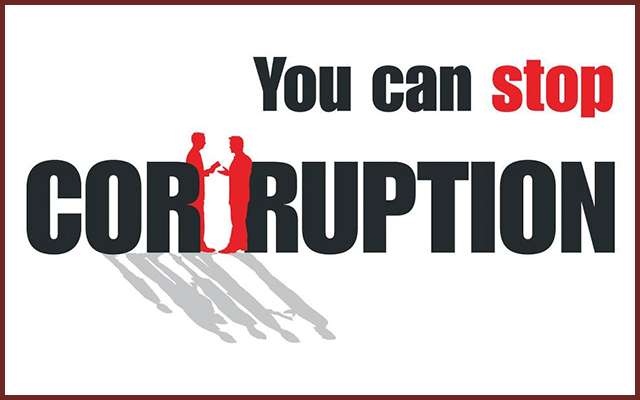
“The truth is, we need him. We need him sharper, calmer, and faster. But we also need to understand the war he is fighting. Corruption is not just a headline. It is the reason a child studies under a lantern. It is the reason a patient dies waiting for oxygen. It is the reason so many young people believe the only job worth chasing is a visa.”
Kay Cudjoe
As Cudjoe concluded, the work of the OSP will always be messy, political, and controversial. That is the price of daring to confront corruption in high places.
However, he noted that if the Special Prosecutor can strike the balance between anger and precision, visibility and results, speed and thoroughness, then his effectiveness will outlast all other labels.
READ ALSO: Lavrov Pours Water On Prospect Of A Putin-Zelenskyy Summit

